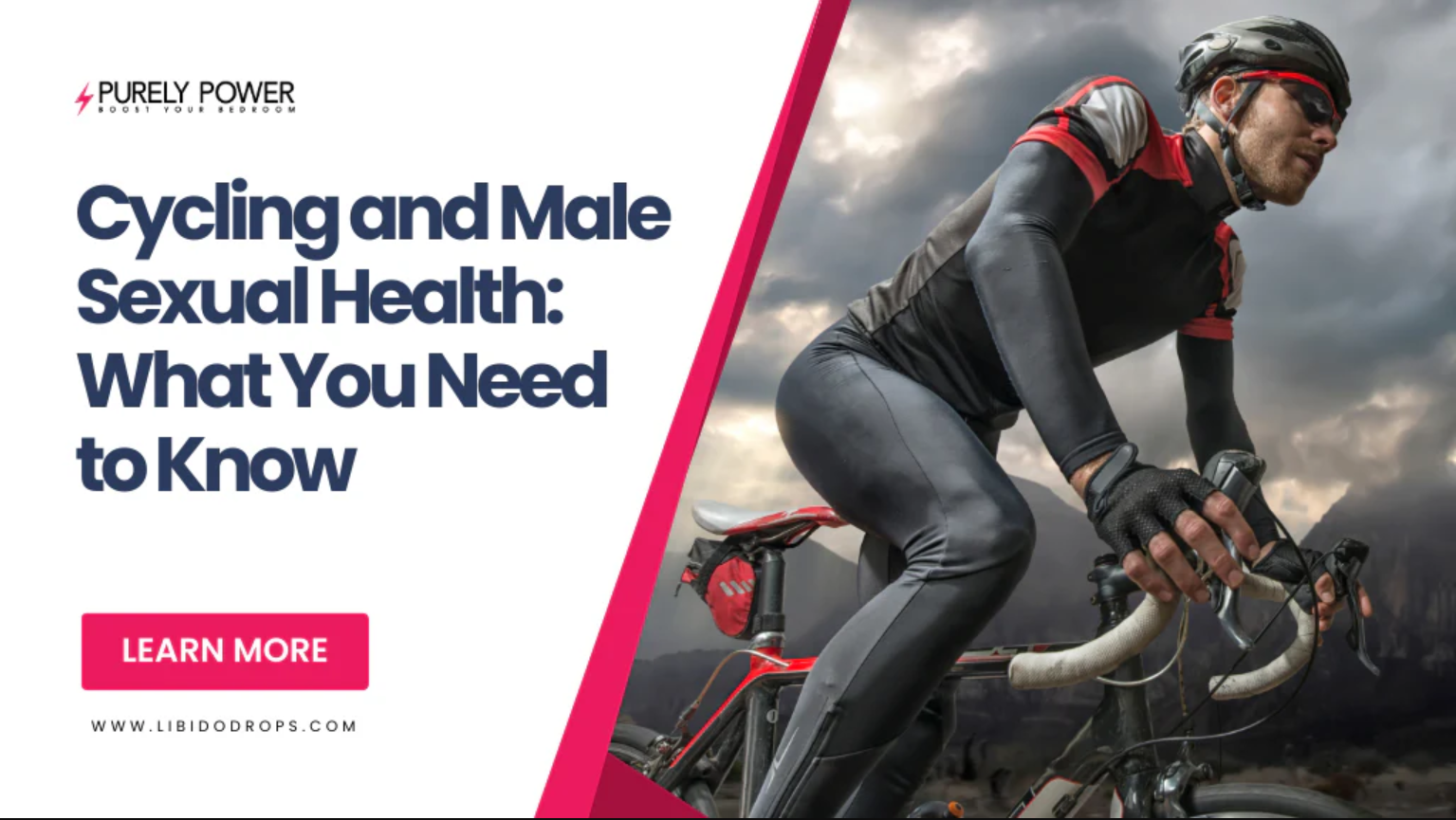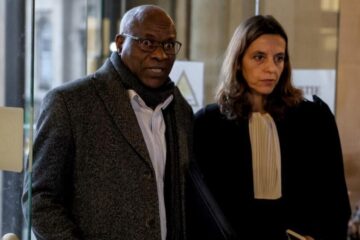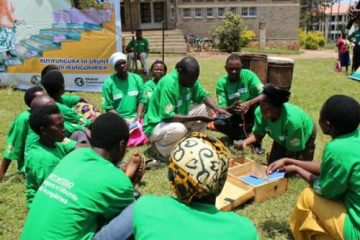As the UCI Road World Championships unfold on African soil for the first time, cycling fans are glued to the speed, tactics, and stamina on display. Yet behind the dazzling breakaways and sprints lies a quieter, less visible contest: the battle for mental and sexual wellbeing among the world’s elite riders.
Sports medicine experts say that while cycling is a test of physical endurance, the mind, and even sexual health play an equally decisive role.
“People imagine we only worry about watts and rest, but there’s a voice that whispers doubt, fear of not being selected, fear of letting the team down,” noted a sport psychologist working with UCI athletes.
Mental Health under Pressure
Professional cyclists face a mix of physical demand and psychological strain. Long seasons, constant travel, the weight of sponsorship, and the fear of injuries take a toll. A recent study cited by CyclingNews estimated that nearly one in three pro-cyclists experiences symptoms of depression, while about 22 percent report addictive behaviors, often linked to injuries or isolation.
“It’s not just my legs that burn on the climb; it’s the mind that falters first,” admitted one rider, speaking anonymously to highlight the stigma that still surrounds mental health in the peloton.
Research published in the Journal of Sports Sciences further confirms that pre-race anxiety strongly influences performance, sometimes more than fitness levels. Inactivity due to injury or unexpected breaks, such as during the COVID-19 pandemic, has also been shown to spike rates of depression and anxiety among cyclists.
The Taboo of Sexual Health
Equally overlooked, experts say, is sexual wellbeing. For decades, myths persisted that sexual activity before competition weakens performance. However, systematic reviews suggest otherwise: sexual activity within 24 hours of competition has no significant negative impact on endurance, strength, or aerobic capacity.
“Sexual health is part of overall health. A balanced sex life helps relaxation, sleep, and hormonal balance, all critical to recovery,” explained Dr. Alessandra Rossi, a sports medicine specialist who has worked with endurance athletes.
A recent study of older endurance athletes found that both male and female participants reported higher levels of sexual desire and satisfaction than non-athletes did. Among women, those with stronger pelvic floor muscles experienced better function and less discomfort, highlighting the need for gender-specific medical support.
A Call for Broader Support
Advocates argue that mental and sexual health deserve the same priority as nutrition, training, and equipment. They recommend that the UCI and national federations:
- introduce routine mental health screening,
- expand confidential access to psychologists,
- destigmatize sexual health discussions, and
- Provide tailored medical care for female riders.
“Cyclists are not robots. They’re whole people, and they perform best when all aspects of health are respected,” Rossi added.
The Bigger Picture
As Rwanda proudly hosts the championships, the spotlight on African cycling is brighter than ever. However, beyond the medals and records, experts insist that supporting athletes holistically in body, mind, and sexuality, will shape the future of the sport.
Elite cycling, they say, is about not only how fast riders climb the hills of Kigali, but also how well they can sustain their overall wellbeing once the races are over.








